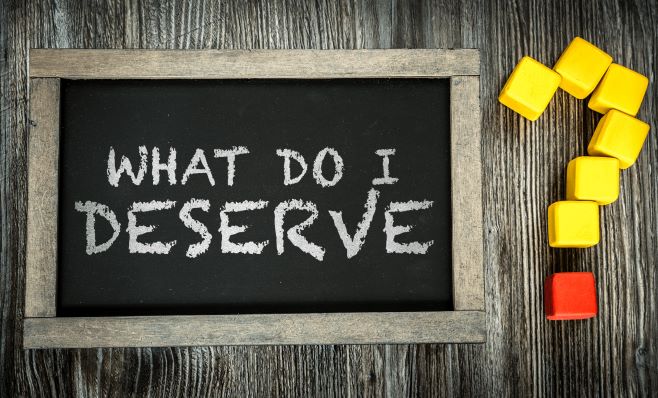Questions to ask yourself before getting life insurance
Life is a journey filled with surprises. While a lot of these surprises bring happiness, a good number of them aren’t that much welcome. But before you dive head-first into getting a life insurance, it’s best to be prepared. Here are some things...

Life is a journey filled with surprises. While a lot of these surprises bring happiness, a good number of them aren’t that much welcome.
But before you dive head-first into getting a life insurance, it’s best to be prepared. Here are some things to keep in mind when shopping around for the best plan for you and your family.
1. Do you really need it?
One of the first things you need to do before getting a life insurance is to ask yourself if you really need it. Some important points to ponder: Do you have people who depend on you financially? Will they be all right if something happened to you?
Corazon R. Aguada-Cruz, International Quality Award qualifier and longtime Sun Life employee, explains that we should think of life insurance as something we leave behind for our loved ones to protect them when we are no longer able to. “Filipinos should prioritize getting life insurance over other types of insurance. Death is the only thing that is certain to happen while other insurance policies cover things that are not certain.”
 However, do you still need it even if you already have life insurance from your job? It actually depends on your needs. Group policies may provide a decent amount, but will it be enough and will you be allowed to take your coverage with you if you leave your job?
However, do you still need it even if you already have life insurance from your job? It actually depends on your needs. Group policies may provide a decent amount, but will it be enough and will you be allowed to take your coverage with you if you leave your job?
2. How much will you need?
A lot of people underestimate just how much they really need. Beyond having enough to pay off your debts, there are other long-term needs to consider, such as your loved ones’ future bills, or if you have children, their college tuition.
Aguada-Cruz adds, “Life insurance can help family members because the living benefit can be used to fund future needs such as education. In case of death, the family members get to maintain their standard of living because of the proceeds they get from the life insurance.”
Do you have an emergency fund or any other funds set aside? What financial resources will be available to your loved ones after? A common rule of thumb is to have a policy with a death benefit equal to 10 times your annual salary.
3. What’s the best type for you?
Generally, there are two types of life insurance policy: term life, and lifetime, which includes whole life and universal life.
Term life policies last for only for a specific amount of time, usually around 10, 20, or 30 years. This type of policy is great if you only need life insurance for a period of time (like when your children are growing up or when you’re paying off your mortgage). It may also be a good fit if you’re on a budget.
On the other hand, lifetime policies are a good choice if you want to accumulate savings because some permanent life insurance policies can be used as savings as they have a cash value that is supposed to increase over time.
 4. How much will it cost?
4. How much will it cost?
There’s a good reason why a lot of financial advisors will recommend getting a life insurance while young and it’s because the cost of life insurance will vary depending on your “risk.” The greater your risk of dying, the higher the cost; therefore, life insurance is generally more affordable to purchase when you are younger and healthier. “People should get insurance while they are physically healthy and financially capable to do so. The younger, the better,” says Aguada-Cruz. “It’s better to get a life insurance before one ‘crosses the bridge of uninsurability’ and it becomes too costly.”
Here’s another thing to consider is if you’re willing to pay your premiums annually or in installments. There’s often an additional charge for paying in smaller amounts, so a lot of people opt for the annual option. Something else you need to remember if you have a life insurance is to tell your beneficiaries about it. Make sure to tell your beneficiaries all the details they need to know, such as where you stored the documents, the company you got it from, the specifics of your plan, and any other instructions.
Now, being in your 20s might seem a bit too early to start thinking about life insurance, but the past two years have shown us how truly temporary life can be. Accidents can happen any time and it doesn’t hurt to be prepared to make sure our loved ones will be taken care of long after we’re gone.
Corazon Aguada-Cruz is an IQA certified Sun Life Financial Advisor.
For more information and inquiries, visit the Sun Life website at https://www.sunlife.com.ph/en/.
Spotlight is BusinessWorld’s sponsored section that allows advertisers to amplify their brand and connect with BusinessWorld’s audience by enabling them to publish their stories directly on the BusinessWorld Web site. For more information, send an email to online@bworldonline.com.
Join us on Viber to get more updates from BusinessWorld: https://bit.ly/3hv6bLA.


















